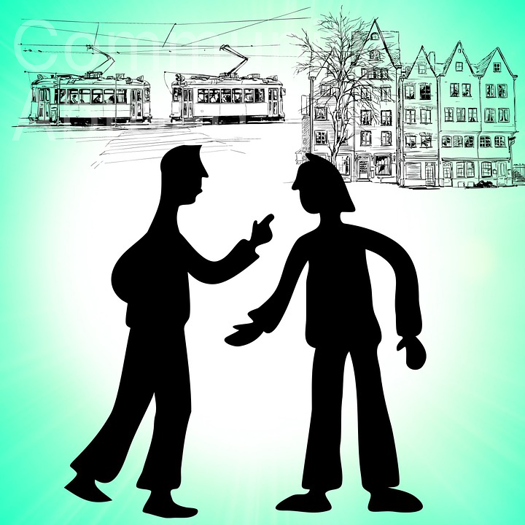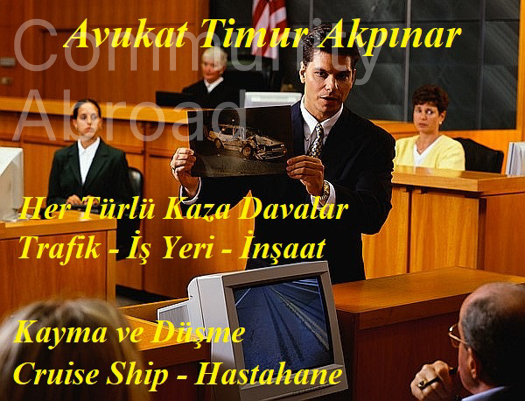BURADA TEK SUÇLU OLAN BEN DEĞİLİM
Hashtag
There's an old story where Nasreddin Hoca is approached by his neighbors to settle a dispute. He tells each neighbor to give their version of things. The first neighbor gives his side of the story. Nasreddin Hoca says, "Yes, you are right." The second neighbor gives her story, and the diplomatic Hoca says, "Yes, you are right also." Nasreddin's wife overhears this. She adds, "Wait, they can't BOTH be right!" Nasreddin turns to his wife and says, "Yes, and YOU are right too!" This funny story might sum up the legal concept of dividing blame in a difficult setting. Everyone could be RIGHT to some extent, but they could also deserve BLAME to some extent.
This legal concept is called comparative negligence. It could come up in various settings. We see it commonly arise in car accidents. But it could apply anywhere, from transportation to construction. In the video link below, workers are climbing a ladder. https://youtu.be/WyoK-FH2od4 The ladder breaks and the poor workers fall to the ground. Despite being shaken up, the workers are moving after the fall. After seeing the video, what are your thoughts? Did the accident occur because of a lack of safety equipment? Was it poor building design? Was the ladder overloaded? After an accident, questions like these can come up. Who is at fault? Was it the construction company, building management, inspectors, maintenance contractors... or others?
This concept of comparative negligence doesn't only appear in car accidents. Let's say someone was injured by a dangerous machine. Or they burned themselves with hot coffee served at a drive-thru. https://www.communityabroad.com/turkish/post/1000000050212#
They sue the coffee store. The server in the drive-thru coffee store says the driver was distracted by their cell phone. The driver was also trying to get their child to stop screaming. And the car radio was very loud. The server says, "I tried to warn them to hold the cup, not the tray. But the driver couldn't hear me, and they are largely to blame here."
This legal theory of comparative negligence shows that one person may not be 100% at fault. If the setting is complex and confusing, an "usta hırsız" https://www.communityabroad.com/turkish/post/1000000049226 might throw up a million excuses to avoid blame. But that's where technical experts might look at things. Keep in mind, this concept of comparative negligence is not universal - it could vary by region.
In the end, it could come down to Nasreddin Hoca's story about the disputing neighbors. It may not be as famous as the Ye Kürküm Ye" story https://www.communityabroad.com/turkish/post/1000000050113 but it gets the message across. "You are right, and you are right... and so forth." One single person may not carry ALL the blame.
Good Luck - Kendinize İyi Bakın
Avukat Timur Akpınar
(718) 224-9824
www.benimavukatim.com
Public Domain Image
Bu kullanıcıya mesaj göndermek yada paylaşıma yorum yapmak için hesap oluştumanız gerekmektedir.
Hesap oluştur











